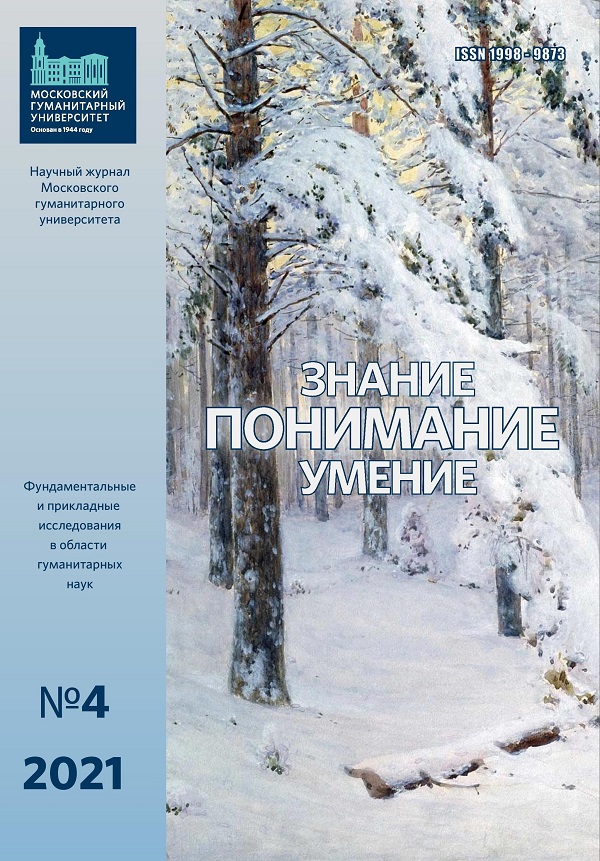Главная / Main Page / "Knowledge. Understanding. Skill" Journal / Contents / 2014 / No. 2
Ponomareva E. G. The Political Systems of the Countries of Central and Eastern Europe
(Moscow State Institute of International Relations (University) of the Ministry of Foreign Affairs of the Russian Federation)
Abstract ◊ Almost 25 years have passed since the onset of the velvet revolutions that have transformed the political landscape of Central and Eastern Europe. Historically, the countries and peoples of the region have been developing differently. This fact has not so much left a significant imprint on the institutions born in the transformations as has shaped the transition process and informal practices. It is this process that is studied in the article, which is a passage from the course book entitled “Comparative Politics” being prepared by a group of authors.
The specific political changes of the late 20th century in the countries of this part of Europe are related to a large degree with these countries being within the sphere of influence — in different historical periods — of such empires as Byzantine, the Ottoman Empire, Austria-Hungary and Russia. All that in its turn has defined a civilizational choice by the populations of today’s countries connected with religious affiliations — Catholicism, Orthodoxy or Islam.
The 20th century was a watershed in the fate of the peoples from Central and Eastern European countries. This period is marked with nation-state building. These state-nations have experienced fascistization, then sovietization, and, since the late 1980s, westernization and democratization. The countries’ differences in social, economic, political, cultural and religious development as well as often diametrically opposed views on history and their role in it have engendered a conflict-prone environment in the region in a number of cases. The most violent resolutions of contradictions took place in the post-Yugoslav space in the form of bloody interethnic wars.
Political development cannot be uniform and universal in socio-political terms as well as in economic, cultural and time parameters even within one region. However, despite its essential distinctions, the author argues that it is possible to identify common transit trends. In order to fully represent the fates of the region’s countries, five states have been chosen — Hungary, Poland, Serbia, Croatia and the Czech Republic. The analysis has shown that all these countries have undergone, despite all the peculiarities in their development, three major stages of transit, namely liberalization, democratization and consolidation.
Keywords: Central and Eastern Europe, authoritarianism, transformation processes, transit, liberalization, democratization, consolidation.
Ponomareva Elena Georgievna, Doctor of Science (political science), associate professor, professor of the Comparative Politics Department, Moscow State Institute of International Relations (University) of the Ministry of Foreign Affairs of the Russian Federation. Postal address: R. 3026, 76 Prospect Vernadskogo, Moscow, Russian Federation, 119454. Tel.: +7 (495) 433-34-95. E-mail: nastya304@mail.ru

Citation:Ponomareva E. G. The Political Systems of the Countries of Central and Eastern Europe // Znanie. Ponimanie. Umenie. 2014. № 2. S. 18–26.
RUSSIAN VERSION
|
|
 Вышел в свет
Вышел в свет
№4 журнала за 2021 г.
|
|
|
|